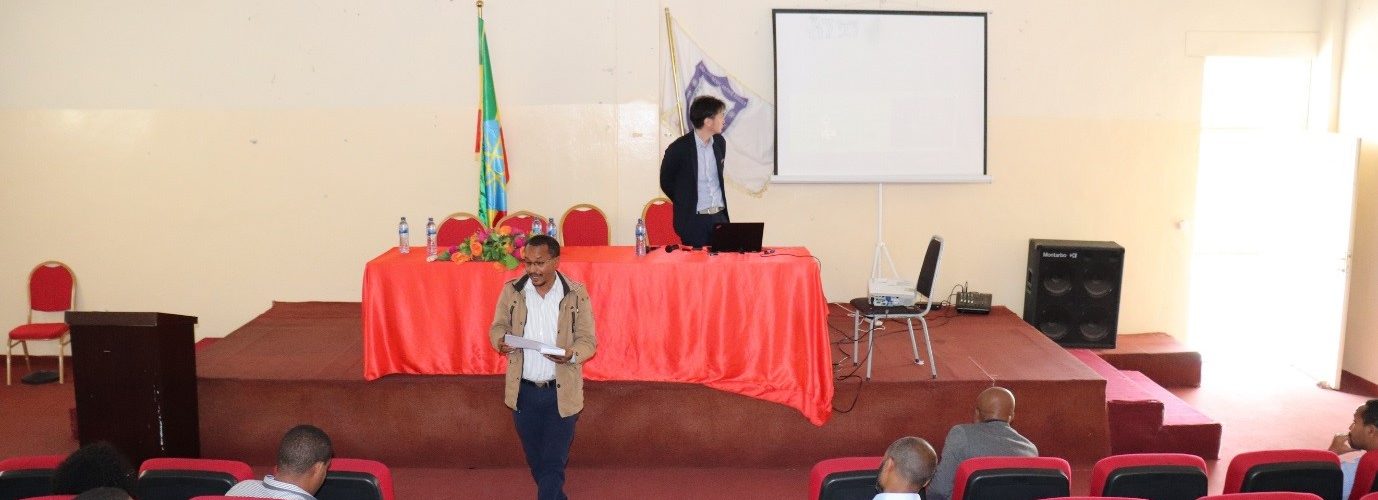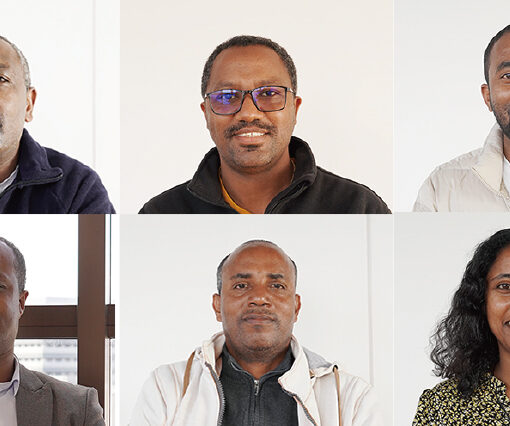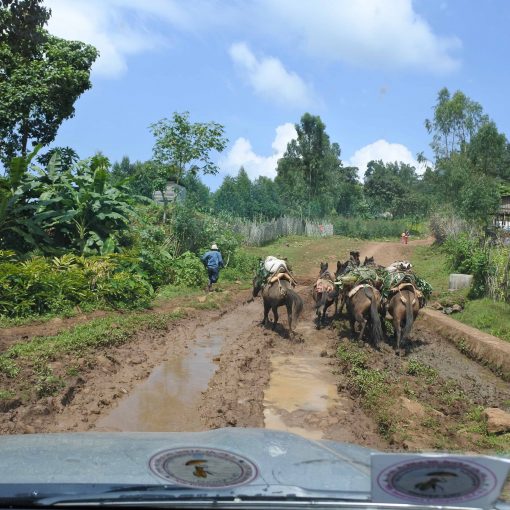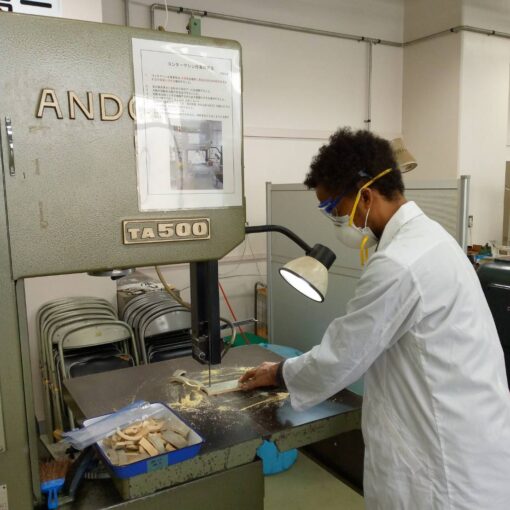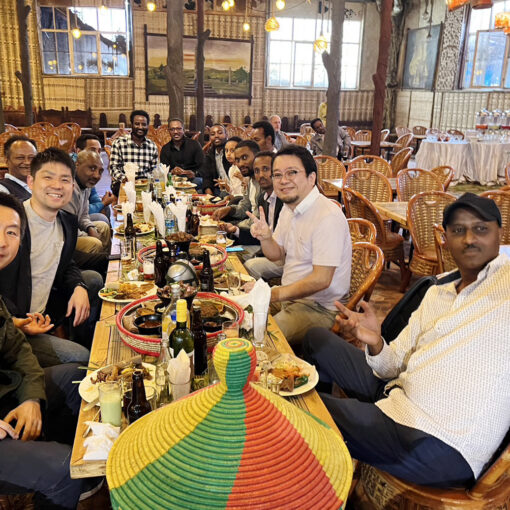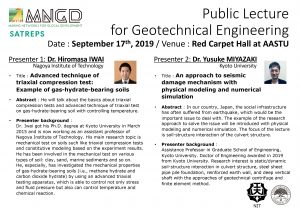 The first public lecture for geotechnical engineering was held on September 17, 2019 at the Red Carpet Hall of Addis Ababa Science and Technology University. The first lecturers were Dr. Iwai (Assistant Professor of Nagoya Institute of Technology) and Dr. Miyazaki (Assistant Professor of Kyoto University), members of our MNGD project.
The first public lecture for geotechnical engineering was held on September 17, 2019 at the Red Carpet Hall of Addis Ababa Science and Technology University. The first lecturers were Dr. Iwai (Assistant Professor of Nagoya Institute of Technology) and Dr. Miyazaki (Assistant Professor of Kyoto University), members of our MNGD project.
Dr. Iwai had a lecture whose title is ” Advanced technique of triaxial compression test: Example of gas-hydrate-bearing soils”. Methane hydrate is known to exist abundantly in the seabed ground around the Japanese archipelago. However, during the production process of methane gas, the seabed ground containing methane hydrate simultaneously will be excavated. Therefore, in order to safely and efficiently extract methane hydrate, it is important to clarify the mechanical behavior of the sediments containing methane hydrate. In this lecture, the advanced triaxial compression test with equipment which can flexibly change temperature and pressure conditions was introduced. The test procedures of creating sand specimens containing methane hydrate and the results of a series of triaxial compression tests were introduced as well.
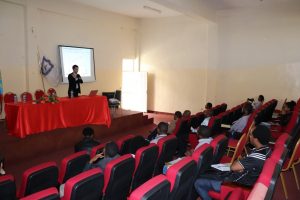
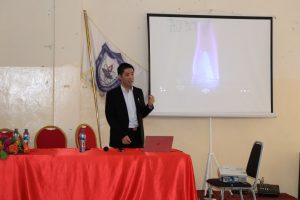
The lecture theme of Dr. Miyazaki is “An approach to seismic damage mechanism with physical modeling and numerical simulation”. In Japan, where earthquakes occur much frequently compared with other areas in the world, earthquake disaster is an important research topic. The object of the lecture is how to deal with the damage problem of large-scale real structures due to earthquake and how to deal with the simulation of an earthquake. In the lecture, he talked about examples of approaches to clarify the damage mechanism during earthquakes using model experiments and numerical analysis for culvert structures, which are backfilling tunnels installed on road embankments.
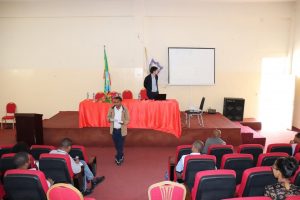
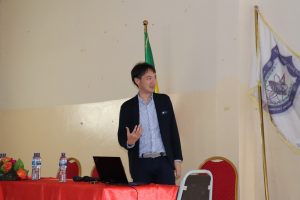
In the question and answer session, we talked about the mechanism of the equipment related to the triaxial compression test and examples of earthquake observations in Ethiopia. It was time for a discussion to feel the passion for each other’s research.

